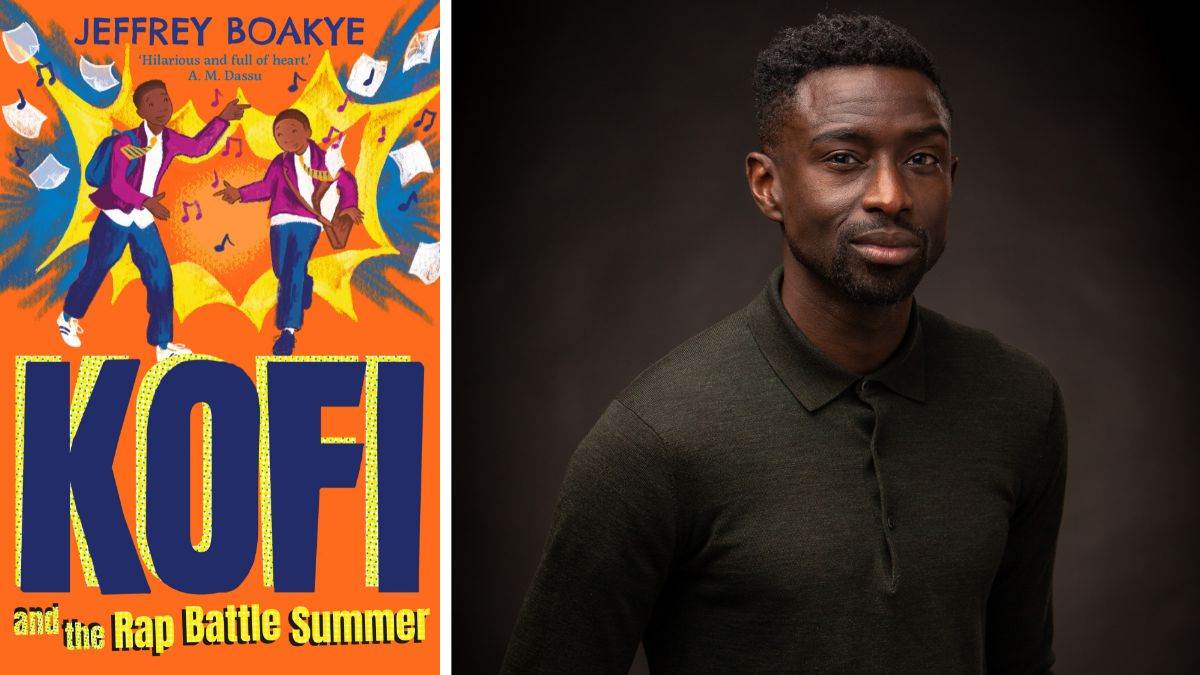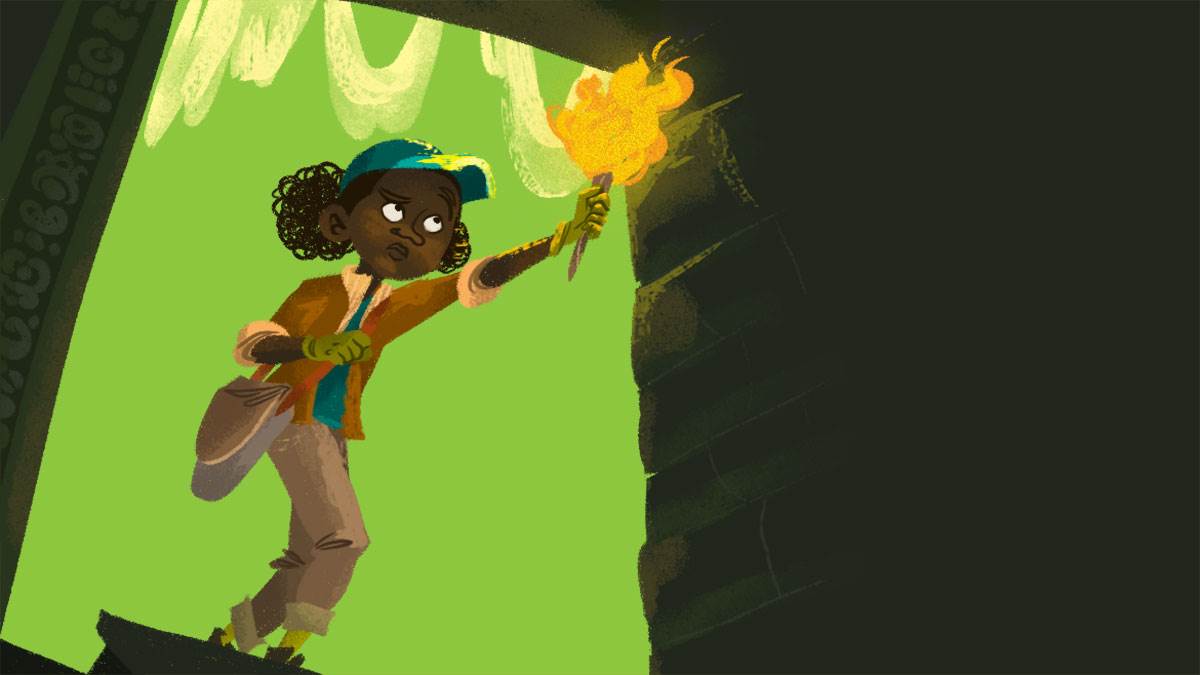Jeffrey Boakye: The magic of books in urban settings
Published on: 26 June 2023
Author of Kofi and the Rap Battle Summer Jeffrey Boakye shares how important it is for children to read books in different settings.

Adventures start in childhood
It’s one of the biggest literary clichés: that books are a portal into other worlds, a way of escaping into new universes through nothing but words printed on paper.
It’s also very true. Books really are a way to explore new places and enter experiences that you can’t have in real life. It’s one of the reasons that we keep reading (and writing) them.
For many of us, these adventures start in childhood. It’s why so many stories aimed at younger audiences are full of magic and fantasy. These are the worlds of wonder that feel like a departure from the real world; one that isn’t always bubbling with excitement and mystery.
Books for children can do something else too. They can transport audiences to the other parts of our very real world that might be far away, or hard to get to. They can open up idealised landscapes and invite you to explore distant lands, without having to leave your chair, bed, school desk, or wherever else you might happen to be reading.
I’m no exception. As a child, I found myself entering all sorts of literary worlds that looked nothing like the South London estate that I was growing up in. I journeyed into places like Narnia and Middle Earth, hopping into the imaginations of writers who could conjure up whole realities in a well-crafted paragraph. Then there were the more realistic environments: the meadows and streams, hills and fields, forests and lanes of rural life.
So many of the books I fell in love with centred a very English idyll that looked like postcards and jigsaws, recognisably picturesque, a backdrop for countryside adventures that I simply never had.
To be honest, these descriptions might as well have been in the realm of fantasy. My childhood was more likely to involve climbing estate stairwells than apple trees. I’d never set foot in a stream of any description and the only fields I ever saw were playing fields in Brockwell Park, Brixton, which my primary school used for Sports Day.
 Illustration: Erika Meza
Illustration: Erika Meza
All childhoods are magical
The stories we share can shape our realities and children’s literature is no exception. As a young reader, I never questioned the fact that proper stories about proper children always seemed to happen in places that were unfamiliar to me. I didn’t have the words for it back then, but a lot of these books were contributing to a single, dominant narrative. There’s no malice in this, deliberate or otherwise, but looking back, it does make me wonder about the representation of ‘other’ lived experiences, or lack thereof. Like mine.
The questions burned. What would happen if you wrote a story, for children, that was set somewhere similar to where I grew up? Featuring black children, like me? Enjoying good-natured adventures in an urban, rather than rural idyll? Is that even possible?
Cut to: Kofi and the Rap Battle Summer.
Kofi and the Rap Battle Summer is my first work of fiction. It’s a story about a boy called Kofi, his friends and family, living on a council estate in South London. It’s full of wonder, fantasy and adventure, but it’s set in the bricks and concrete of a recognisably urban world. It’s car parks and broken lifts, high streets and mini cab offices, high rise flats soaring above and rickety playgrounds sitting on the ground below. It’s my upbringing.
And the thing is, my childhood was magical, because (get ready for the big reveal…) all childhoods are magical. It’s not the environment that creates the magic; it’s the sense of wonder and curiosity, the journey of discovery and seeing the world through new eyes. That can happen anywhere.
We need stories from as wide a range of different places as possible
It was only as an adult that I realised I had never read a book that centred the kind of childhood that shaped me. And I really wanted to. I wanted those same feelings of escapism and warmth that I got from the books of my past, but based in a reality that isn’t always depicted in a positive light, if at all.
I also wanted to do this without slipping into tales of urban deprivation, decay and despair. Urban poverty is real, trust me, but there are wondrous experiences and stories in the lives of people and communities, plural, who live in these spaces. I mean, what is a council estate anyway, really, if not a village? It’s with this energy that I set about creating the world that Kofi inhabits. Set in the 1990s (which for younger readers might as well be a fantasy realm), Kofi and the Rap Battle Summer is an invitation to enter a magical world of historical realism, centring black joy and the lived experiences of black communities, as I have lived too.
Widening the perspectives of human experiences is one of the most important things that stories do.
So it’s an easy conclusion we reach. We need stories from as wide a range of places and histories as possible in order to truly accept the diversity of global communities, through time. This is where publishing can be a crucial point of intervention towards the acknowledgment and recognition of so-called ‘marginalised’ groups. And just like I have gained so much from being immersed in stories from places that are foreign to me, I know that all readers will benefit from being immersed in a world that I personally know so well.
Kofi and the Rap Battle Summer by Jeffrey Boakye is out now.
You might also like:
Watch a talk and Q&A with Jeffrey as part of our BookTrust Represents virtual author visits
Topics: Adventure, Fantasy, Magic, Everyday life, Diversity (BAME), Features





